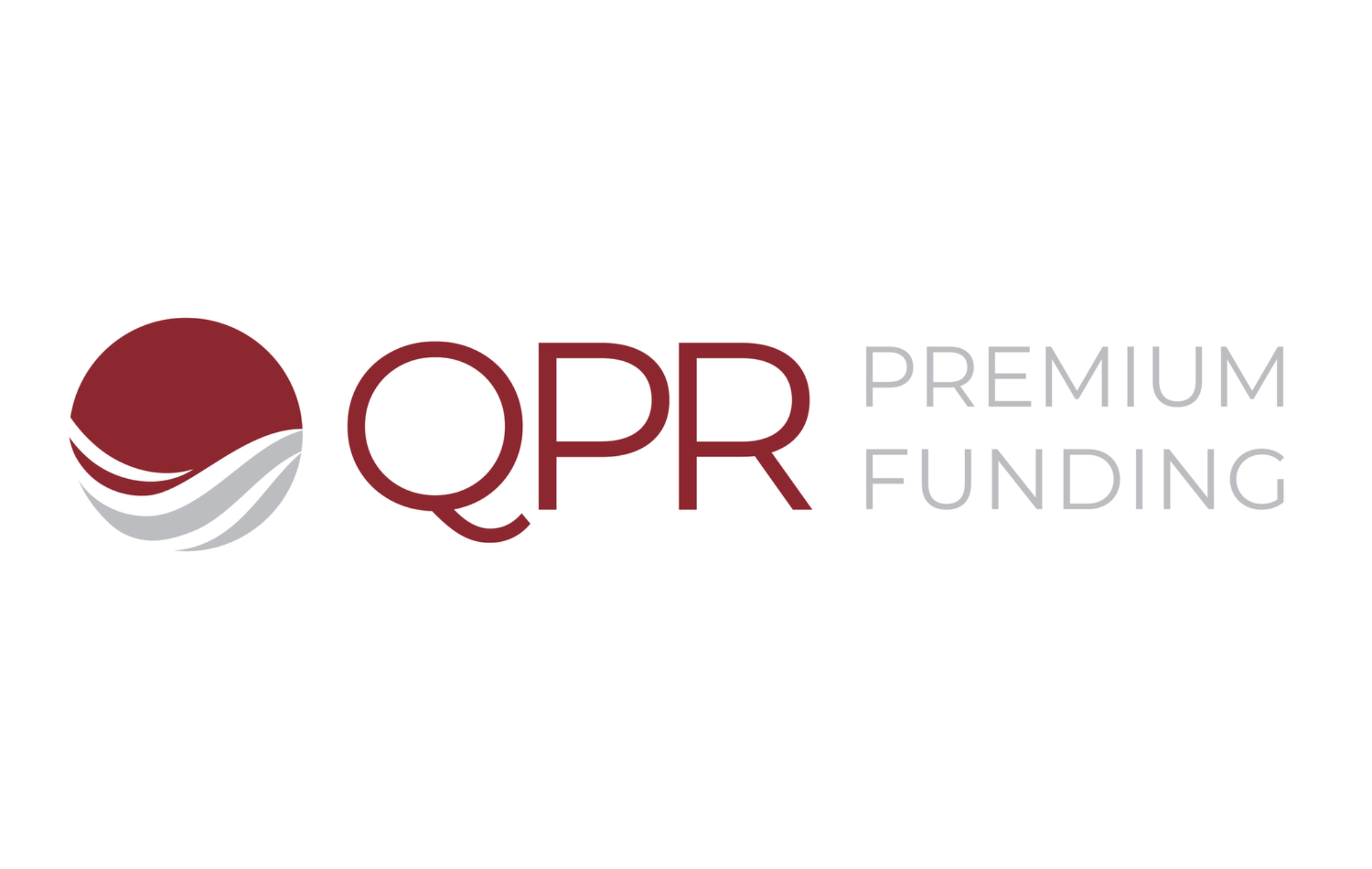Insurance Premium Funding Code
Established in 2022 (and revised in 2025), the IPF Code of practice promotes high standards of customer service, better transparency and pricing disclosures and supports compliance with legal and industry obligations.
The 2nd edition of the IPF Code commenced on 1 July 2025.
The IPF Code came into effect on 1 October 2022. Arteva Funding, Attvest, Clearmatch, Elantis, Hunter Premium Funding, IQumulate, Oz Premium Finance and QPR Premium Funding are accredited as Code Compliant Members by the IPF Code Compliance Committee.
The first edition of the IPF Code which operated from 1 October 2022 to 30 June 2025 can be accessed here.
BOQ Finance announced it is no longer offering, issuing or renewing IPF loans to the market as at 14 June 2025. BOQ Finance will continue to comply with the IPF Code for existing customers with an IPF loan issued prior to this date. These customers will continue to benefit from the commitments in the IPF Code until the end of the term of their IPF loan. The first edition of the IPF Code applies to these existing customers.
For more information about the Code, email codes@afia.asn.au.
-
Insurance Premium Funding (IPF) is a loan that is provided predominantly to businesses, from small to medium sized enterprises (SMEs) to large corporates and strata plans, to fund insurance premiums.
The industry has been operating in Australia for over 30 years and is well established in all major insurance markets around the world. An estimated $7billion in insurance premiums are funded on an annual basis, with $7.253 billion funded in FY2020. Over 97.5% are utilised for business purposes with consumers making up a much smaller portion (2.4% in FY 2020) of the IPF customer base. An estimated 20-30% of business policies are premium funded. Insurance premium loans are instrumental in assisting SMEs to manage cashflow and working capital. The loan is repayable by way of instalments to the premium funder.
These products are primarily made available to customers through brokers or intermediaries.
-
AFIA and its IPF members - Hunter Premium Funding, IQumulate, BOQ Finance, Clearmatch, Attvest, Elantis and Arteva - believe that all strong industries benefit from an industry code and the IPF industry is no different.
AFIA and its IPF members believe self-regulation is important and through this code are voluntarily and proactively responding to the recommendations made by the Financial Services Royal Commission (FSRC), particularly around broker remuneration, conflicted remuneration, transparency and disclosure and community standards.
The AFIA members committing to this believe this is the right next step for the industry to take in meeting the standards and expectations set by the FSRC for the financial sector.
-
The IPF Code:
requires disclosure of key information to customers to compare the cost and features of the IPF product;
ensures arrangements require brokers to act in the best interests of customers in the distribution of the IPF product;
provides customers with access to internal complaints handling so that complaints are resolved quickly and fairly, and if they cannot be resolved can be taken to AFCA;
promotes maintenance of high standards of behaviour, and a culture of professionalism in the IPF industry that goes above and beyond the law.
-
The majority of IPF customers are small to medium enterprises. Similar to the AFIA Online Small Business Lenders Code of Conduct, the proposed code is customer centric and will support small business customers by:
Giving them a set of standardised metrics to easily compare different products;
Providing clear and concise information before the contract is accepted so they can see the key features of the product;
Ensuring that all documentation is expressed in plain English and that it is easy to understand.
Even where they are not required to by law, giving their small business customers the opportunity to take a complaint to AFCA if they are unhappy with their response.
-
The FSRC identified remuneration arrangements that are conflicted and sought to ban those arrangements in the mortgage broking industry. The Code adopts the recommendations made by the FSRC with respect to mortgage brokers.
Code Compliant members will therefore be committed to ensuring they do not have conflicted remuneration arrangements. The Code also ensures that customers are properly informed of the remuneration arrangements that are in place between IPF providers and their intermediaries.
IPF members are committed to clear, transparent and upfront disclosure of remuneration structures to customers and see that there is an opportunity to improve this through the Code with the support of the National Insurance Brokers Association (NIBA).
FAQs
Reporting a breach of the Code
Customers can lodge a complaint with their premium funding lender. If dissatisfied with the resolution, they can lodge a complaint with AFCA.
Alleged breaches of the Code can be reported to the IPF Code Compliance Committee using the form below or by emailing CCC-IPF@afia.asn.au.
Supporting Complaint Material
If you have any documentation to submit with this form, please send them direct to CCC-IPF@afia.asn.au with the subject line – Breach of the Code – (your last name/your first name).
Financial difficulty
If you are experiencing difficulty in meeting your financial obligations to your lender, you should contact them as soon as possible.
If you tell your lender that you are experiencing difficulty in meeting your financial obligations to them, they will work with you in good faith and in accordance with our policies to assist you to meet your ongoing financial obligations to us.
Our IPF members will treat you fairly, respectfully and consider your specific circumstances. They may also initiate contact to discuss your financial situation. Your lender may do this by negotiating a new and mutually acceptable repayment arrangement with you, having regard to your financial circumstances as a whole at the relevant time as well as your obligations to us. They are not obliged, however, to do so.
If your lender cannot provide you with hardship assistance, they will advise you of your right to take the matter to the Australian Financial Complaints Authority (AFCA) and AFCA’s contact details.









